UN slaps stricter sanctions on Iran
The UN Security Council voted unanimously Saturday to stricter sanction Iran for defying demands to halt nuclear activities.
Sunday, 25.03.2007.
11:42

UN slaps stricter sanctions on Iran
Iran's Foreign Minister Manouchehr Mottaki called the resolution "an unlawful, unnecessary and unjustifiable action against the peaceful nuclear programme of the Islamic Republic of Iran, which presents no threat to international peace and security."Mottaki said Iran has never diverted its nuclear programme and is committed to the Nuclear Non-proliferation Treaty (NPT) of which Iran is a member.
"Iran does not seek confrontation, nor does it want anything beyond its inalienable rights (to nuclear power)," he told the council in New York. "I can assure you that pressure and intimidation will not change Iranian policy."
Mottaki spoke at the council session in New York in the place of President Mahmoud Ahmadinejad, who cancelled his trip claiming that the US government did not provide proper visas. The US said the visas were approved.
The latest resolution was initiated by the council's five permanent members and Germany, and approved unanimously by the 15- nation council following intense discussions with three members - Indonesia, Qater and South Africa - which sought to add diplomatic incentives on top of the sanctions approach. Those three countries said they had received the maximum they could get from the six countries and voted in favour of the resolution.
"Should Iran chose a different path, we are prepared and willing to adopt additional measures," US Ambassador Alejandro Wolff said. "In the face of Iranian defiance, the US expects the Security Council will incrementally increase pressure on Iran to comply."
British Ambassador Emyr Jones Parry read a statement by the foreign ministers of the six countries that introduced the resolution, reiterating their twin determination to seek negotiations with Iran, but also adopt sanctions measures to demand compliance.
"We recognize Iran's rights under the Nuclear Non-proliferation Treaty to develop research, production and use of nuclear energy for peaceful purposes in conformity with its NPT obligations," Jones Parry said, insisting that Iran must suspend uranium enrichment as demanded.
"We urge Iran to take this opportunity to engage with us all and to find a negotiated way forward," he said.
The council gave Iran 60 days to suspend its programme of uranium enrichment or face "further appropriate measures" in addition to targeted sanctions against its nuclear technology that were included in two previous adopted resolutions. Tehran has ignored past resolutions, the last adopted by the council in December with a similar 60-day deadline.
The resolution says sanctions would be halted "if and for so long as Iran suspends all enrichment-related and reprocessing activities, including research and development" to be verified by the IAEA.
It orders an embargo on military equipment on Iran, which include the supply, sale or transfer of aircraft, battle tanks, armoured combat vehicles, combat aircraft, attack helicopters, warships missiles and large calibre artillery systems.
The sanctions measures adopted in two resolutions last year will also remain in effect, the council said. They include a travel ban and freeze of assets of Iranian officials involved in ballistic missiles and nuclear programme. The council ordered a ban of supply, sale and transfer of materials needed by Iran to continue its nuclear activities.
The new measure calls on UN members to exercise "vigilance and restraint" regarding the entry or transit into their territories of eight people involved in nuclear or ballistic missiles activities and seven high-ranking officers of the Iranian Revolutionary Guard Corps.
Nuclear-related sanctions would be targeted against 10 industries, research and production centres, companies or groups dealing with nuclear or ballistic missile activities. They include the Ammunition and Metallurgy Industry group owned by the Defense Industries Organization, the Esfahan Nuclear Fuel Research and Production Center, the Karaj Nuclear Research Center, the Sanam Industries Group and the Ya Mahdi Industries Group.
The resolution prohibits Iran from supplying, selling or transferring directly or indirectly from its territory arms or related material to other states. It prohibits governments from providing grants, financial assistance and concessional loans to Iran, except for humanitarian and developmental purposes.
While imposing sanctions, the resolution calls for a "fresh start in the negotiation of a comprehensive agreement with Iran," promising to develop and long-term agreement allowing Iran to have peaceful nuclear power.
The council would support construction of light water reactors, research and development in nuclear technology and guarantees for Iran's fuel needs. The fuel guarantees would be legal, binding, and provide multilayered fuel assurances to Iran.
The UN would participate as a partner with Russia to provide enrichment services for a reliable supply of fuel to Iran's nuclear reactors. Russia had provided, but called off, assistance to building a reactor at Bushehr following a dispute with Iran.
The draft would support a new conference to promote dialogue and cooperation on regional security, international trade and investment, civil aviation, energy partnership and high technology cooperation with Iran.




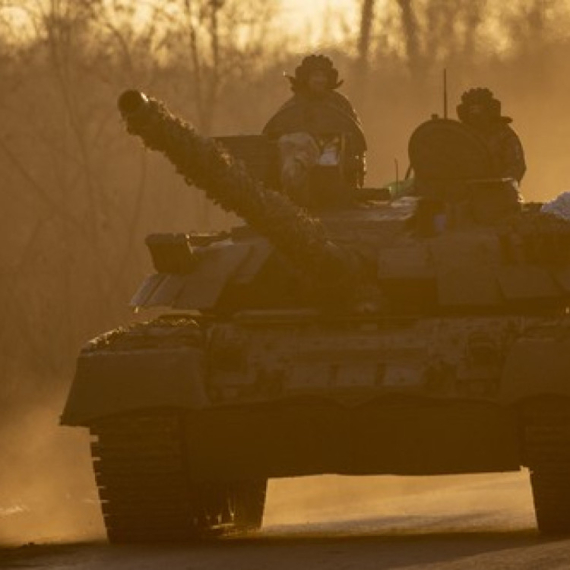





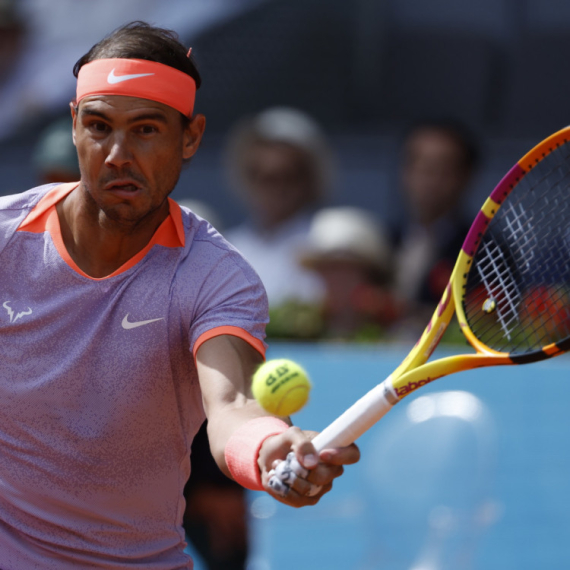
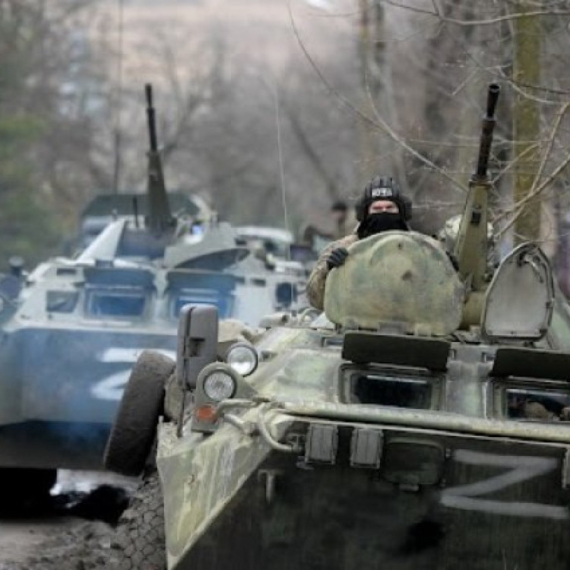

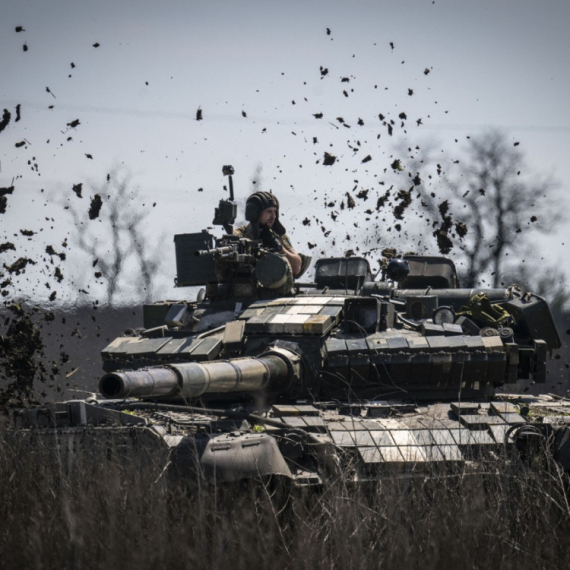
























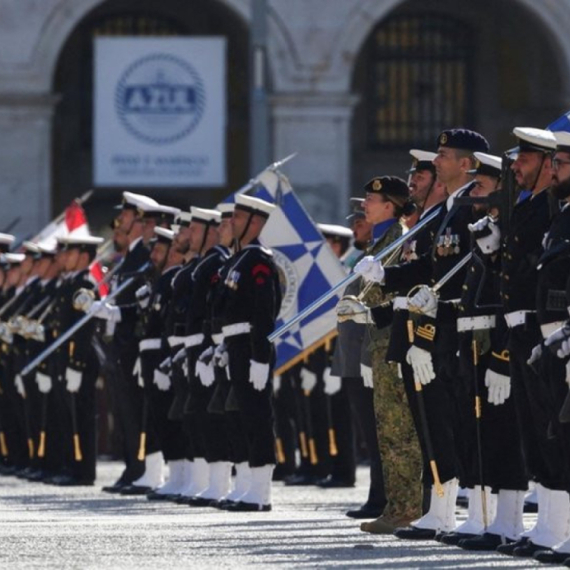

Komentari 1
Pogledaj komentare